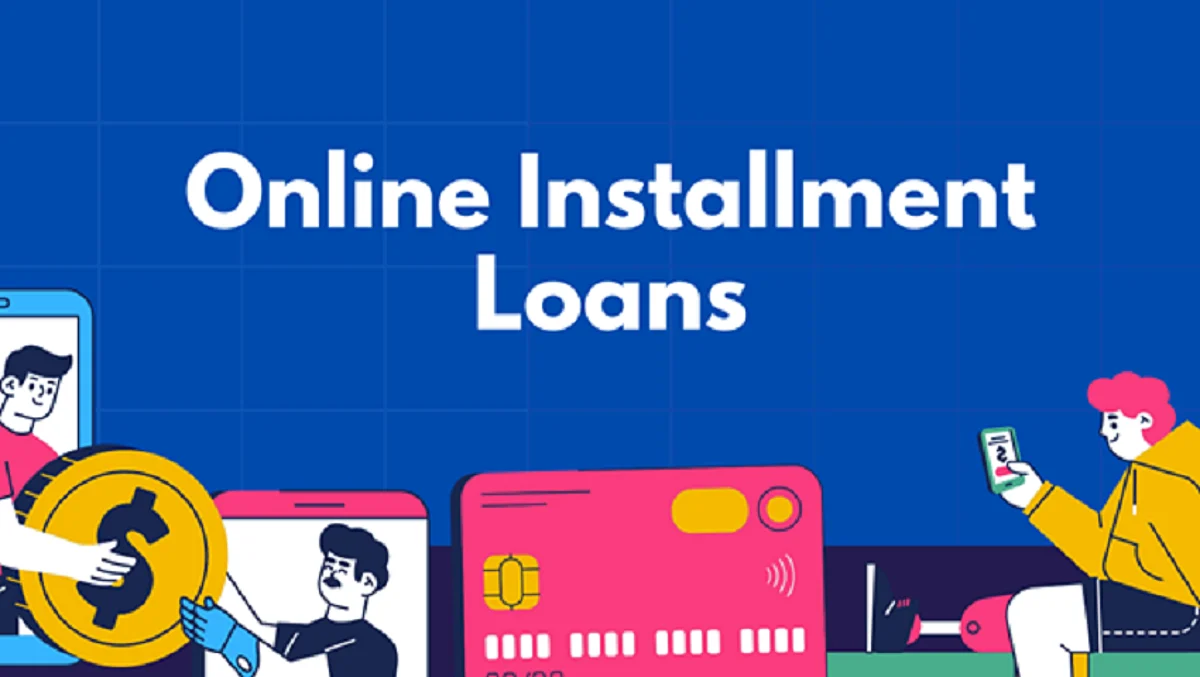Online Loans Direct Lenders Guaranteed Approval

The allure of quick cash and instant solutions has propelled the online lending market into a booming industry, yet the rise of "guaranteed approval" loans offered by direct lenders is drawing increasing scrutiny from consumer advocates and regulatory bodies alike. Promises of readily accessible funds, irrespective of credit history, raise concerns about potential predatory practices and the long-term financial health of borrowers.
This article examines the dynamics of online loans from direct lenders with guaranteed approval, exploring the benefits and risks involved, the regulatory landscape, and the impact on consumers seeking financial assistance. It aims to provide a balanced perspective on this increasingly prevalent form of lending.
Understanding Online Direct Lending
Online direct lenders offer loans directly to consumers, bypassing traditional financial institutions like banks and credit unions. This approach can streamline the application process, offering quicker funding and potentially more flexible qualification requirements.
These lenders often employ automated underwriting systems, assessing risk based on various factors beyond traditional credit scores. This can be attractive to individuals with limited or poor credit histories.
The convenience and accessibility of online direct lending have contributed to its popularity, particularly among those facing emergency expenses or seeking short-term financial solutions.
The Appeal and Peril of "Guaranteed Approval"
The phrase "guaranteed approval" is a major marketing tool used by some online direct lenders. It implies that loan approval is virtually certain, regardless of the applicant's financial circumstances.
However, consumer advocates caution that no legitimate lender can truly guarantee approval without assessing the borrower's ability to repay the loan. The use of this term can be misleading, designed to lure vulnerable borrowers into accepting potentially unfavorable loan terms.
Predatory lending practices often accompany "guaranteed approval" offers, characterized by high interest rates, excessive fees, and short repayment periods that can trap borrowers in a cycle of debt.
Risks and Concerns Associated with Guaranteed Approval Loans
High Interest Rates: These loans typically carry significantly higher interest rates compared to traditional bank loans or credit union loans. This is because lenders offset the perceived risk of lending to borrowers with poor credit.
Hidden Fees: Some lenders may impose hidden fees, such as origination fees, prepayment penalties, or late payment charges, which can significantly increase the overall cost of the loan.
Debt Cycle: The short repayment periods and high interest rates can make it difficult for borrowers to repay the loan on time, leading to repeated borrowing and a deepening cycle of debt.
Data Security: Sharing sensitive financial information online always carries a risk of data breaches and identity theft. Borrowers should ensure that lenders have robust security measures in place to protect their data.
The Regulatory Landscape
The online lending industry is subject to various regulations at both the federal and state levels. These regulations aim to protect consumers from predatory lending practices and ensure transparency in loan terms.
The Truth in Lending Act (TILA) requires lenders to disclose key loan information, including the annual percentage rate (APR), fees, and repayment schedule, before a borrower enters into an agreement.
The Consumer Financial Protection Bureau (CFPB) actively monitors the online lending market and takes enforcement actions against lenders who violate consumer protection laws. State attorneys general also play a role in regulating online lending within their respective jurisdictions.
Alternatives to Guaranteed Approval Loans
Before resorting to "guaranteed approval" loans, consumers should explore alternative options for obtaining financial assistance. These options may include:
Credit Counseling: Nonprofit credit counseling agencies can provide guidance on debt management and budgeting.
Secured Loans: If possible, consider secured loans using assets like a car or home as collateral.
Borrowing from Family or Friends: Often, obtaining a loan from family or friends is a more affordable option, even if it comes with the risk of damaging personal relationships if not repaid on time. Be sure to set clear written terms.
Payday Alternative Loans (PALs): Offered by some credit unions, PALs provide small-dollar loans with lower interest rates and longer repayment terms than traditional payday loans.
The Future of Online Lending
The online lending industry is expected to continue to grow in the coming years, driven by increasing demand for convenient and accessible financial services. As the industry evolves, it is crucial for regulators to stay ahead of emerging trends and ensure that consumers are adequately protected.
Increased transparency, stricter enforcement of consumer protection laws, and greater financial literacy among borrowers are essential to mitigating the risks associated with online lending, especially the potentially deceptive promises of "guaranteed approval."
Ultimately, borrowers must exercise caution and thoroughly research any online lender before committing to a loan, carefully considering the terms and conditions and understanding the potential consequences of failing to repay.
A Human Perspective
Maria, a single mother struggling to make ends meet, found herself targeted by advertisements promising guaranteed approval loans. Desperate to cover an unexpected medical bill for her child, she took out a small loan with a seemingly easy online application.
However, the high interest rates and fees quickly spiraled out of control, trapping her in a debt cycle she struggled to escape. Maria's story serves as a stark reminder of the vulnerability of those seeking quick financial fixes and the importance of responsible lending practices.
















